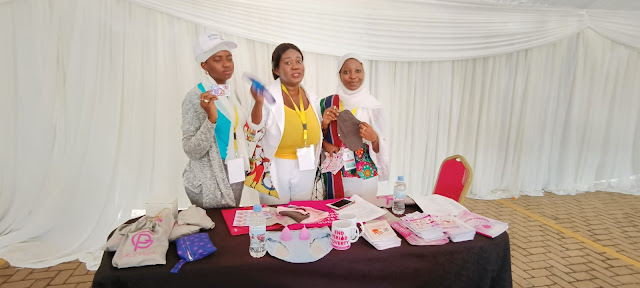Free-Plastic Ocean and Sustainable Fishing Campaign: Webisode 6 - Why an International Year of Artisanal Fisheries and Aquaculture?
It's another day of hope in the lives of these fishermen. In the fight for survival, they abandon their homes for long days, and stay here in the sea to catch fish that serve for their daily food.
The subsector of artisanal fishing continues to be the driving force behind the economic and social progress of communities, contributing to food and nutritional security, creating more jobs and raising household incomes in Angola.
The global food system faces many complex challenges, including hunger, malnutrition and diet-related diseases, an ever-growing global population that needs sufficient and healthy food, the need to reduce food loss and waste, the depletion of natural resources and effects of climate change, as well as the effects of the current COVID-19 pandemic.
Fish, molluscs, crustaceans and aquatic plants are fundamental, essential and indispensable foods eaten by people around the world as part of healthy diets, cultural heritage and culinary tradition. Small-scale artisanal fishers and fish farmers produce a large portion of this food, and as such, IYAFA 2022 is an opportunity to highlight the importance of small-scale artisanal fisheries and aquaculture for our food systems, livelihoods, culture and the environment.
IYAFA 2022 aimed to raise awareness on the role of small-scale fisheries and aquaculture, strengthen science-policy interaction, empower stakeholders to take action, and to build new and strengthen existing partnerships.


Comments
Post a Comment